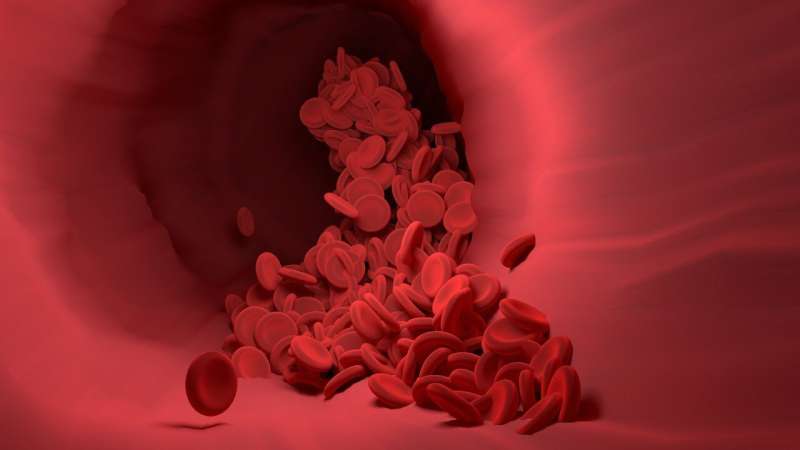Innovative Findings Could Enhance Hemophilia A Treatments

New research identifies structural variations in factor VIII that contribute to treatment resistance in hemophilia A, paving the way for more effective therapies.
Researchers at the Centenary Institute have made significant progress in understanding why some individuals with hemophilia A develop resistance to their standard treatment. Published in the journal Blood Advances, the study reveals that the factor VIII (FVIII) protein, used in therapy, sometimes fails to form all of its stabilizing disulfide bonds. These bonds are crucial for maintaining the proper structure of FVIII. When absent or incomplete, the protein adopts altered shapes that increase the likelihood of triggering an immune response, leading to the production of antibodies that negate the treatment's effectiveness.
Hemophilia A is a genetic disorder characterized by a deficiency in FVIII, a key clotting factor. Patients typically receive regular infusions of FVIII to prevent bleeding episodes. However, some patients' immune systems recognize the infused FVIII as foreign, producing antibodies that block its action. The new research indicates that the structural variability of FVIII, particularly the incomplete disulfide bonds, contributes to this immune recognition.
Lead researcher Dr. Diego Butera explained that their findings showed antibodies from patients preferentially bind to these structurally altered forms of FVIII, impairing treatment effectiveness. This discovery opens avenues for designing more stable versions of FVIII that are less likely to be targeted by the immune system, potentially reducing the incidence of resistance.
Professor Philip Hogg emphasized that engineering FVIII to incorporate more robust disulfide bonds could lead to longer-lasting, more effective treatments. Furthermore, the principles uncovered in this study may apply broadly to other protein-based therapies, highlighting the importance of understanding structural variations in therapeutic proteins for improving safety and efficacy.
This research represents a promising step towards personalized and more effective therapies for individuals with hemophilia A, ultimately aiming to reduce treatment resistance and improve quality of life.
Source: https://medicalxpress.com/news/2025-05-discovery-treatment-people-hemophilia.html
Stay Updated with Mia's Feed
Get the latest health & wellness insights delivered straight to your inbox.
Related Articles
Research Confirms Diets Are Ineffective for Managing Lipoedema Fat in Women
New research confirms that traditional diets are ineffective in reducing fat caused by lipoedema in women. A study from NTNU highlights the limited impact of dieting and explores the benefits of low-carb diets for symptom relief and weight loss. Learn more about managing this challenging condition.
Innovative 3D Cat Heart Models Enhance Understanding of Blood Clot Risks and Reduce Animal Testing
New 3D reconstructions of feline hearts offer vital insights into blood clot formation, helping to improve diagnostics and reduce animal testing while drawing parallels to human heart conditions.
Increase in Gut-Brain Interaction Disorders Post-Pandemic
A new study reports a rise in disorders of the gut-brain axis following the COVID-19 pandemic, emphasizing the need for enhanced healthcare strategies. Source: https://medicalxpress.com/news/2025-08-prevalence-disorders-gut-brain-interaction.html



